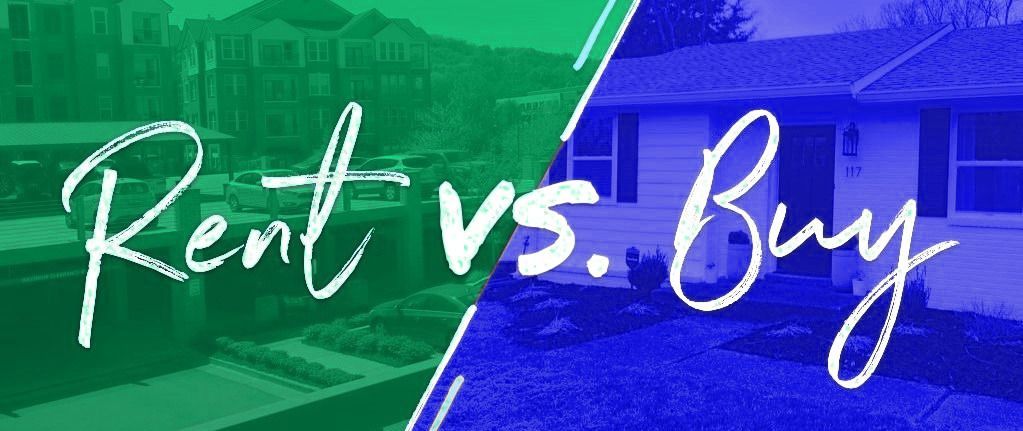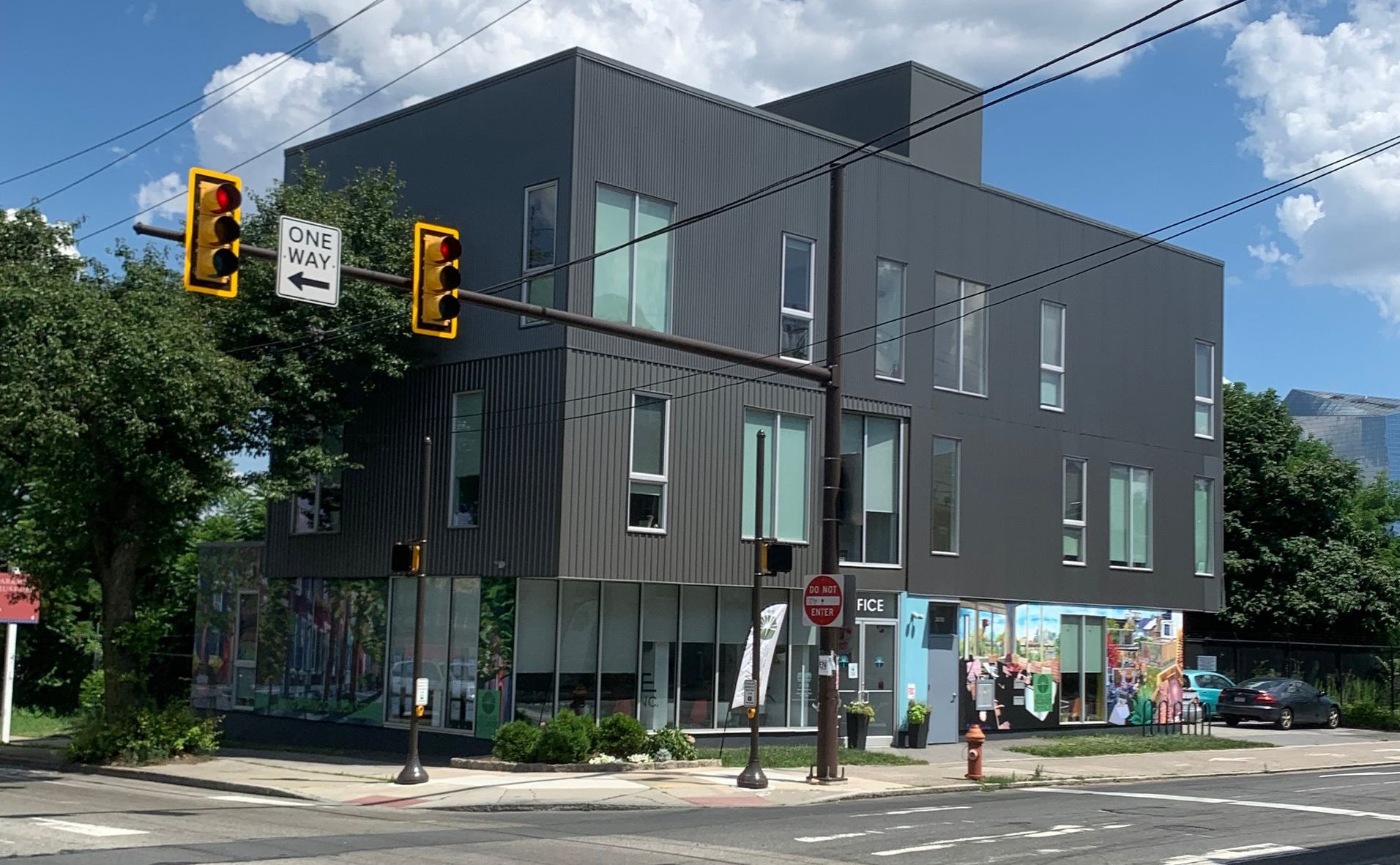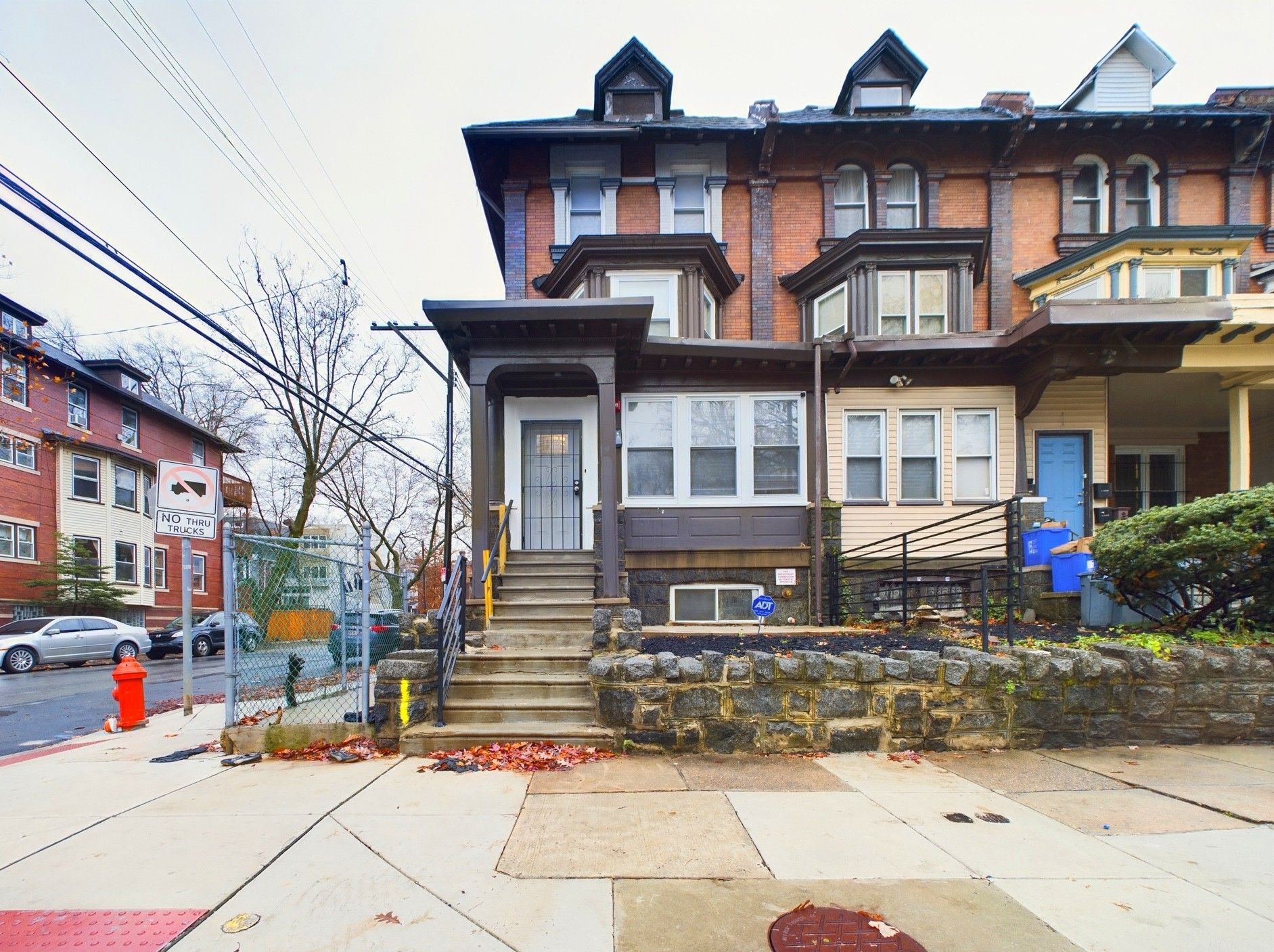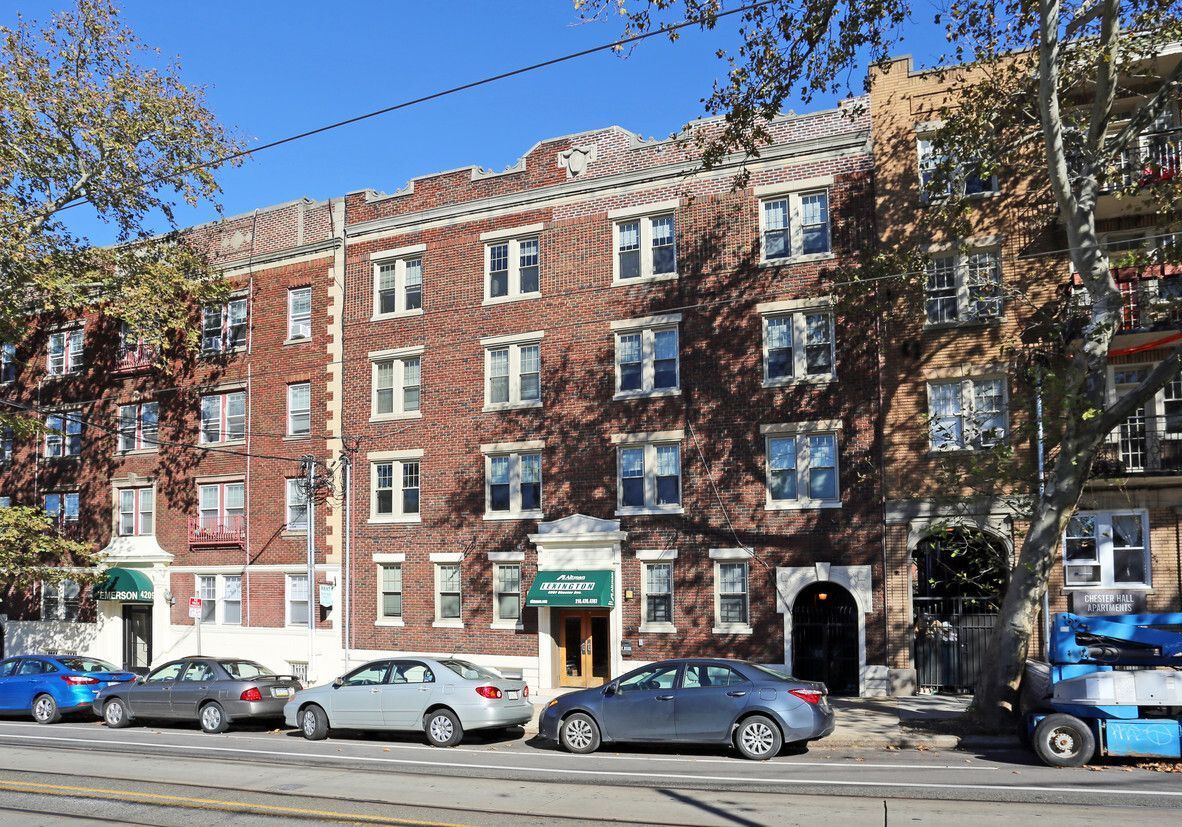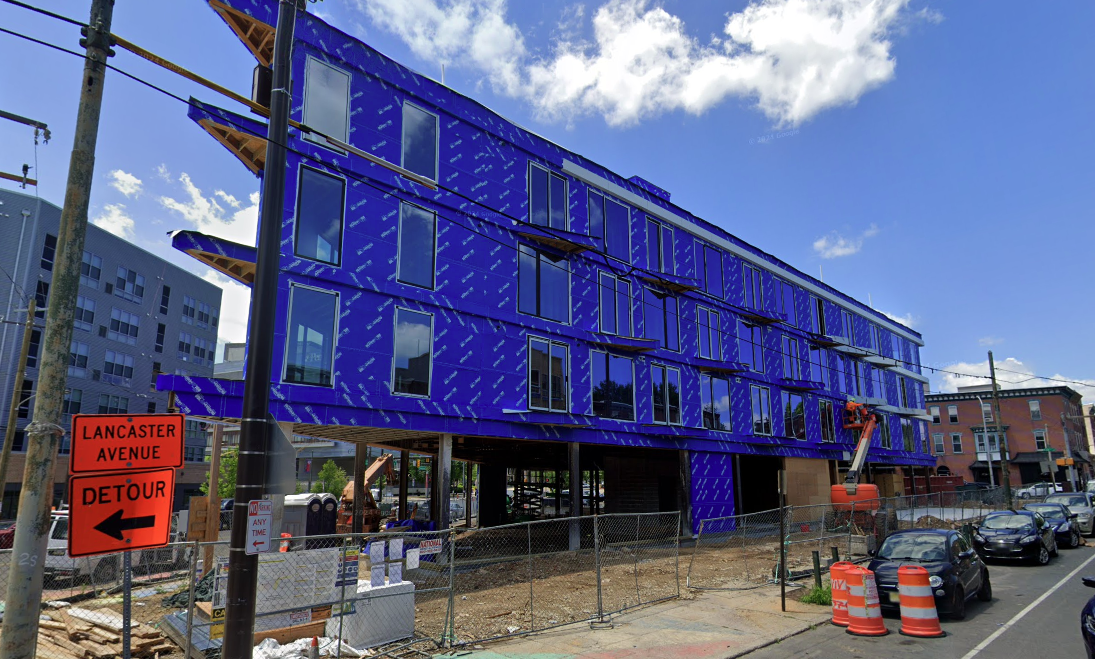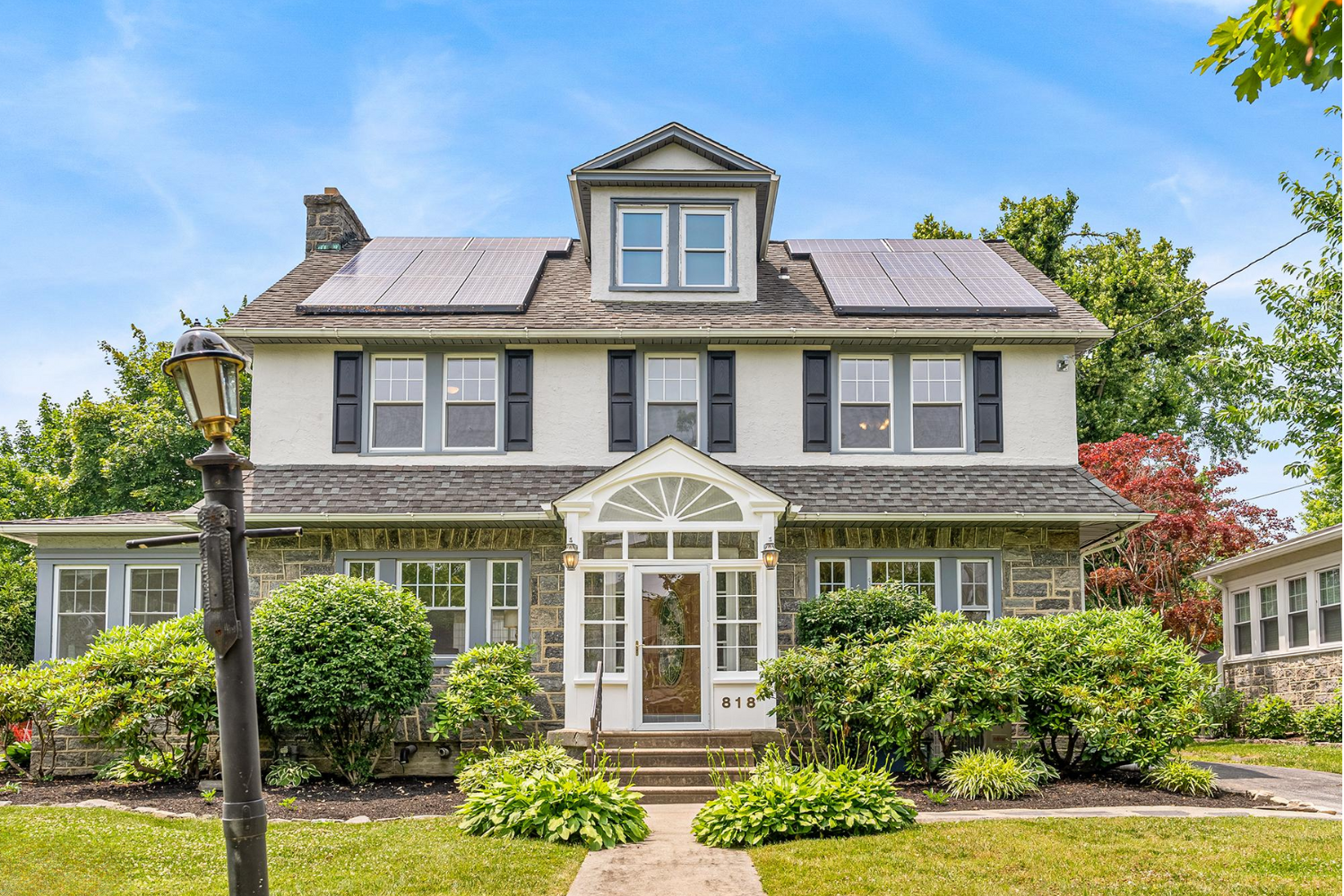Is Buying Cheaper Than Renting?
New Age Realty Group, Inc.
July 6, 2023
Should you rent or buy? The age-old debate of whether it's more cost-effective to buy a home or continue renting has been on the mind of many individuals seeking to establish their roots. Both options have their merits, but deciding which one is right for you requires careful consideration of various factors. As a realty company that specializes in property management and sales with over 35 years of experience in the industry, we have seen it all. We understand the rent vs. buy dilemma, and we'd like to provide you with some informative insights and exploring key elements to help you make an informed decision.
Understanding the Rent vs. Buy Debate
In this section, we will examine the fundamental concepts of renting and buying, highlighting their pros and cons. By understanding these aspects, you can make a well-informed decision. At New Age, we acknowledge the reality that everyone has unique circumstances, and we have leasing agents and realtors willing and able to help apply these factors to your current situation!
First, let's discuss renting. Renting a property offers flexibility and fewer upfront costs, making it an attractive option for many. Here are some key pros and cons to consider:
On the flipside, purchasing a home provides stability, potential long-term financial benefits, and the freedom to personalize your space. Let's explore the pros and cons:
To make a well-informed decision that suits your unique circumstances, consider the following factors:
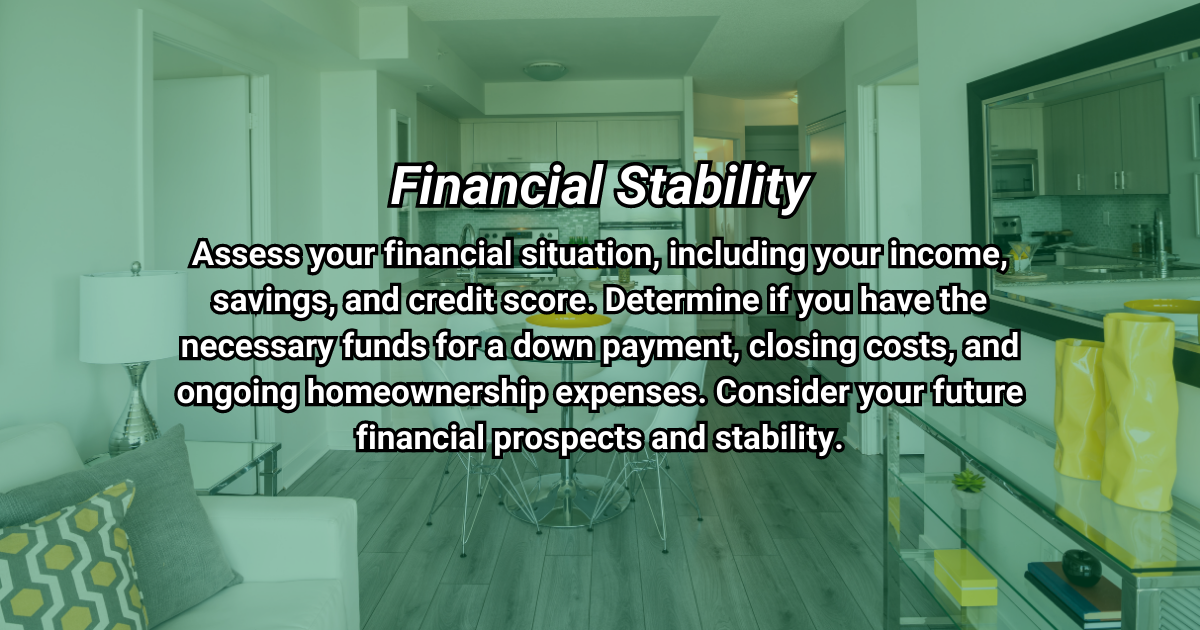

Slide title
Write your caption here
Button
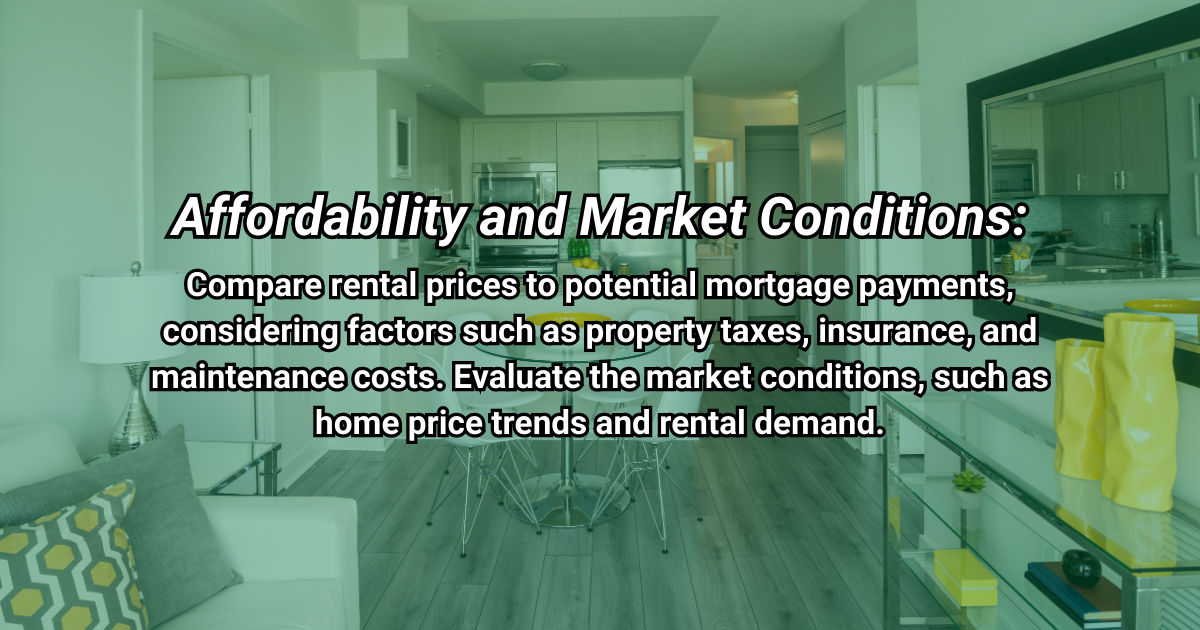
Slide title
Write your caption here
Button

Slide title
Write your caption here
Button

Slide title
Write your caption here
Button
By carefully considering these factors and seeking professional guidance, you can make a well-informed decision that suits your financial situation, long-term goals, and personal preferences. Our team at New Age is made up of real estate professionals than can help you walk you through your options and provide professional advice!
Analyzing the Costs of Renting VS Buying
Here, we will explore the costs associated with renting or buying including monthly rent, mortgages, deposits, and insurance. Additionally, we will address the often overlooked aspects of both renting and buying, such as control over the property and long-term equity. At New Age, our goal is to provide you with insight to help you make the best possible financial decision for your future.
When considering renting, it's essential to examine the various costs involved. Here are the key aspects to consider:
While renting offers flexibility and convenience, it's important to consider the following often overlooked aspects:
- Limited Control over the Property: As a renter, you have limited control over the property. You may face restrictions on making significant modifications or personalizing the space to suit your preferences. Any changes may require the landlord's approval.
- Absence of Long-Term Equity: One significant disadvantage of renting is the absence of long-term equity. Rent payments do not contribute to building equity or ownership in the property. Over time, this can mean missing out on potential appreciation and financial benefits.
When considering buying a property, it's crucial to assess the costs involved beyond the purchase price. Here are the key elements to consider:
While buying a home offers long-term benefits, it's important to consider the following overlooked aspects:
- Maintenance and Repairs:
As a homeowner, you are responsible for the maintenance and repairs of your property. This includes regular upkeep tasks and unexpected expenses, which should be factored into your budget.
- Market Fluctuations and Selling Costs: Real estate markets can experience fluctuations, and the value
Evaluating the Benefits of Homeownership
Homeownership offers several advantages that can contribute to long-term financial stability and personal satisfaction. Let's delve into these benefits in more detail.
One of the significant advantages of homeownership is the ability to build equity over time. As you make mortgage payments, a portion goes towards paying down the principal amount of your loan. This increases your ownership stake in the property and can lead to long-term financial stability and wealth accumulation.
Another advantage of homeownership is the potential tax benefits it provides. Depending on your location and individual circumstances, homeownership can offer deductions for mortgage interest payments, property taxes, and certain home-related expenses. Consulting with a tax professional will help you understand how these benefits apply to your specific situation.
As a homeowner, you have the freedom to personalize and modify your property to suit your preferences and lifestyle. Whether it's renovating the kitchen, landscaping the backyard, or painting the walls, you have the autonomy to create a space that reflects your style and needs.
Real estate investments, when approached wisely, can offer potential long-term financial benefits. Homeownership opens up several avenues for these benefits:
It's important to note that the potential financial benefits of homeownership can vary based on factors such as the local real estate market, economic conditions, and your individual investment strategy. Conduct thorough research, consult with professionals, and consider your long-term financial goals before making any real estate investment decisions.
Homeownership offers numerous advantages that extend beyond mere shelter. From building equity and potential tax benefits to the freedom to personalize and modify your property, owning a home can provide a sense of stability, financial growth, and personal satisfaction. Additionally, real estate investments can offer long-term financial benefits, making homeownership an attractive option for many individuals seeking to secure their financial future. Remember to assess your personal circumstances, consult with professionals, and conduct thorough research to make an informed decision that aligns with your goals and aspirations.
Factors to Consider in the Rent vs. Buy Decision
To make a well-informed decision, several factors should be considered. We will discuss elements such as the local real estate market, your financial stability, future plans, and personal preferences. By considering these factors, you can assess whether buying or renting aligns better with your lifestyle and financial goals.
When evaluating whether buying or renting is the right choice for you, it's crucial to consider various factors that can impact your decision. Let's explore a step-by-step analysis of these key elements:
By carefully considering these factors, you can make a well-informed decision that suits your unique circumstances. Remember that the right choice may vary depending on individual situations, and there is no one-size-fits-all answer to the rent vs. buy dilemma. Our team members are here to help you understand how these factors affect your personal situations!
Ultimately, the decision to buy or rent hinges on various factors, including financial stability, personal preferences, and long-term goals. By weighing the costs and benefits of both options and considering expert opinions, you can make an informed decision. Remember, there is no one-size-fits-all answer. Choose what aligns best with your unique circumstances and aspirations, and take into account the ever-changing real estate market dynamics.
We hope this comprehensive blog post has provided valuable insights into the rent vs. buy debate, empowering you to make a sound decision that suits your needs. Remember, whether you choose to rent or buy, what matters most is finding a place you can call home. Let New Age help you along the way!

